Learn how to remove dandruff naturally, with home remedies. Dandruff is known for its symptoms: itchy scalp, white, oily flakes accumulating in your hair. While there is no known cure for dandruff, it’s also not something dangerous to your health. It is not due to poor hygiene, but rather from genetic and environmental factors. It involves an excessive growth of skin cells in your scalp.
Table of Contents
- What Causes Dandruff
- How To Remove Dandruff Naturally?
- Treating Dandruff With Natural Products
- Why Use Natural Hair Care Products?
- Homemade Natural Shampoo Bar and Hair Conditioner
- Dandruff Hair Treatment Products
- Takeaway
- Related Posts
Dandruff is embarrasing and can result in social or self-esteem problems. The good news is that you can treat and control it. Given that you adopt some simple practices, like washing your hair frequently. It is also important to find the right products for you: anti-fungal, moisturizing or soothing for your scalp.
What Causes Dandruff
Some people suffer from dandruff regularly, but most of us experiences this hair condition once or twice in our life. It’s a condition known from causing the skin of your scalp to flake and itch.
Many of us probably just had a bad case of dry scalp. However, dandruff can be caused by genetic factors, showing up during puberty and coming and going along life, being more prone to show up in dry, cold seasons. It becomes less common after the age 50.
According to Mayoclinic or WebMD, this is not a contagious condition and usually not something you need to see your doctor about (unless it’s very persistent or has severe symptoms). But it can be annoying and embarrassing or dificult to get rid of.
Dandruff symptoms may include:
- Skin flaking on your scalp, hair, eyebrows, beard or mustache, and shoulders
- Itchy scalp
- Scaly, crusty scalp in infants with cradle cap (very common)
These symptoms may be worse if you’re suffering from stress or during fall or winter, when the air is cold and dry. Dandruff is more frequent in men than in women. Those who have oilier hair or live with certain illnesses (such as Parkinson’s disease or HIV) are also at higher risk, says in this article from Healthline.

Knowing the exact cause of your itchy, flaky scalp can be difficult, but here are a few common causes:
- oily irritated skin, a condition also known as seborrheic dermatitis (a more severe form of dandruff)
- not shampooing properly, which causes skin cells to accumulate and create flakes and itching
- yeast called malassezia, which aggravate your scalp and cause excess skin cell growth
- different personal care products may cause contact dermatitis, which makes your scalp red and itchy
When You Should See a Doctor
Most cases of dandruff don’t require a doctor’s care and it can be controlled with over-the-counter products or home remedies.
That being said, dandruff isn’t the only cause for an itchy and flaky scalp. If your dandruff is particularly stubborn or itchy, you may have psoriasis, eczema, or a true fungal infection.
If your itch doesn’t go away or your scalp becomes red or swollen, make an appointment with your doctor. Check in as well if shampoos don’t help, redness and flaking spreads to your face or other areas on the body, you see lice or nits in your hair, or the itching starts to interfere with your everyday life.
How To Remove Dandruff Naturally?
According to Healthline, here are four suggestions to deal on your own with dandruff. Take one or a combination of them:
Use the Right Shampoo
You may be able to get some relief just by using over-the-counter (OTC) shampoos that are formulated to help with dandruff. This may take some trial and error, so don’t just give up on the first or second product. Usually our hair likes to change shampoo, because the hair shaft and scalp gets new ingredients, so sometimes, alternating two or more shampoo types can also help. If you don’t know which to choose, ask your doctor for a suggestion.
Moisturize Your Scalp
A dry scalp tends to flake and itch, but usually the flakes from dry skin are smaller and less oily. Giving moisture to the scalp can help with itchiness. The best moisturizer might already be sitting on your kitchen shelf: coconut oil. It has moisturizing and antibacterial properties, making it a great, natural and cheap choice for fighting scalp dryness.
Practice Good Hygiene and Stop Scratching
Shampooing often enough can keep oils at bay, helping with dandruff symptoms. While you are at it, try to resist the urge to scratch your scalp. The itchiness is initially caused by irritation from dandruff, but scratching will increase irritation and lead to a vicious cycle. Using too many products in your hair can also irritate your scalp and lead to more itchiness – another vicious cycle.
Relax
Stress can aggravate or even worsen dandruff for some individuals. While malassezia is not introduced to your scalp by stress, it can thrive if your immune system is compromised, which is exactly what stress does to your body. You may even find it helpful to keep a log of stressful events. Write down what they are and how they impact your dandruff. That way, you can do your best to avoid potential triggers in the future.

As we could see, dandruff is a mild hair and scalp condition, caused by dryness, stress, or a skin condition. Able to be treated with home remedies or over-the-counter products, and some good practices for a healthier life.
Treating Dandruff With Natural Products
According to another post from Healthline, here are 6 natural products you can use along with your hair care routine:
Aloe Vera
Another natural ingredient with antibacterial and antifungal properties. It may help reduce inflammation and decrease dandruff symptoms.
Coconut Oil
Also containing some anti-microbial and anti-inflammatory properties, which might help with dandruff caused by fungus, it’s mostly a good conditioner, and may improve skin hydration while preventing dryness and inflammation, which are triggers for dandruff and itchy scalp
Apple Cider Vinegar
Is said to help remove dead skin cells and balance the pH of the scalp (it lowers it to more acidic levels). Being a natural desinfectant, some test-tubes indicate that it can help prevent the growth of some types of fungus.
Tea Tree Essential Oil
It has anti-bacterial and anti-inflammatory properties that may help reduce the severity and symptoms of dandruff.
Baking Soda
Has antifungal properties and may help relieve itching and skin irritation. But be careful as it raises the pH level, it might also have the opposite effect. Be aware that if you are also using apple cider vinegar you are totally playing with pH levels – don’t use both at same time.
Aspirin
Salicylic acid is a known active ingredient able to reduce dandruff, by reducing or eliminating flakes and scalp scaling. Aspirin has salicylic acid and, as a cheap treatment, you can use a couple of tablets mixed in your shampoo to see if it helps. Be ware because it may have side effects, even if they are rare. In alternative to use plain aspirin, there are several shampoos and scalp treatment products like this scalp exfoliant from InKEY:
Healthline also recommends to enrich your diet with food rich in omega-3 and probiotics. Natural products are always more effective if ingested rather than applied topically. As a foot note, better to avoid to use baking soda or aspirin ingested, as they are in this list mostly as mechanical exfoliants.
Why Use Natural Hair Care Products?
Balancing the skin in your scalp, and using mild ingredients that calm, sooth and moisturize your scalp might be enough to control your dandruff issue. Natural ingredients will more easily achieve that than products that just contain synthetic ingredients.
Many natural plant-based ingredients are antifungal, antimicrobial and cleansing, and yet mild. They are able to keep oils under control, and fight fungal diseases at same time, while not being too harsh for your skin.
In the end, the choice is always yours, and when you want to get rid of dandruff, everything counts as a good solution. But be sure that I will always recommend natural cosmetics, homemade or not, as I believe that our skin and hair benefits from all the nutrients natural ingredients have to offer.
If you have tried many over-the-counter products for dandruff without sucess, give natural ones a try now.
Homemade Natural Shampoo Bar and Hair Conditioner
You can make your own shampoo and hair conditioner at home!! I only have recipes for solid shampoo bars, as they mean fewer ingredients, are simpler and easier to make and maintain. The hair conditioner will look a lot like over-the-counter hair conditioners.
Shampoo Bar Recipe for Dandruff
Although not specifically formulated to fight dandruff, this shampoo has many natural ingredients that help with this hair condition, and may help soothing your irritated, itchy scalp.
If you feel daring, add one crushed aspirin mixed with the cooling phase ingredients, to add salicylic acid content to your solid shampoo, as it is known it helps eliminating dandruff flakes, but I must say I’ve never tested or tried it. Make sure you check the shampoo pH and make the proper corrections if necessary.
Hair Conditioner Recipe
This homemade hair conditioner is basically an emulsion, made with argan oil and jojoba oil, aloe vera juice, vegetable glycerin, B5 vitamin or d-panthenol, rosemary infused water or hydrosol, and rosemary essential oil.
For dandruff, you can boost this hair conditioner by replacing rosemary essential oil with tea tree oil, and the rosemary infused water with aloe vera gel or juice. You can also apply this hair conditioner to your scalp, once it has these ingredients, but don’t overdo it. Try not to change the oil content, as argan oil is very good and balancing sebum production and conditioning your hair and scalp.
Dandruff Hair Treatment Products
If you wish to try some over-the-counter products, I’ve chosen for you these dandruff treatment kits from Just Nutritive, made with all-natural ingredients:
10% Off with code FB10 in any purchase at Just Nutritive website.
It’s true that these treatment kits and hair products are expensive. Many natural vegetable oils and essential oils are expensive, due to their intensive labor production, which justifies the products’ price. Don’t forget that these are alternatives to mass-production products.
Takeaway
Dandruff, itchy scalp, seborrheic dermatitis, they are all different names for a rather unconfortable and embarrassing hair condition. Fortunatelly, except in extreme cases, doesn’t raise any health concerns.
However, due to its symptoms, it’s something you wish to control and treat. Usually the causes are related with environmental factors or adverse haircare routines. Sometimes, just changing some of your routine habits, like wash well your hair, chaning your hair products to milder ones, or simply fighting your daily life stress and relax, may be enough to reduce dandruff.
Natural products are effective at nourishing your hair and scalp, and dandruff may be reduced by regaining a lost balance for your scalp. Anyway, it’s difficult to say this or that one will work, as each one of us is different and has different needs.
Dandruff sometimes is hard to fight, and in this case, as an exception, I’d say go for every sort of treatment that might help you, natural or not. Try many of them, one at a time for a couple of months, to find out what works best for you. Probably what works best is a combination of products.
I hope you enjoyed this article, if you have any questions or wish to make a suggestion, please, leave a comment below.
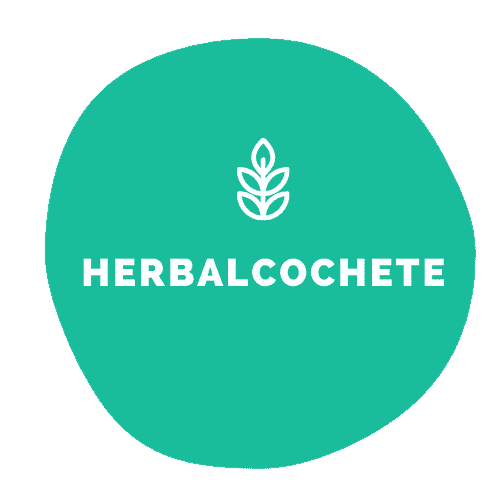
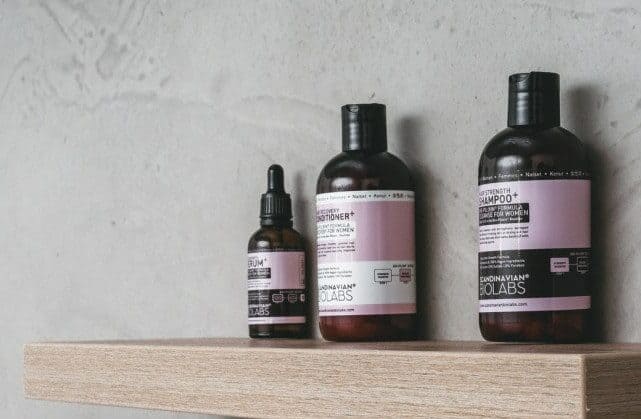
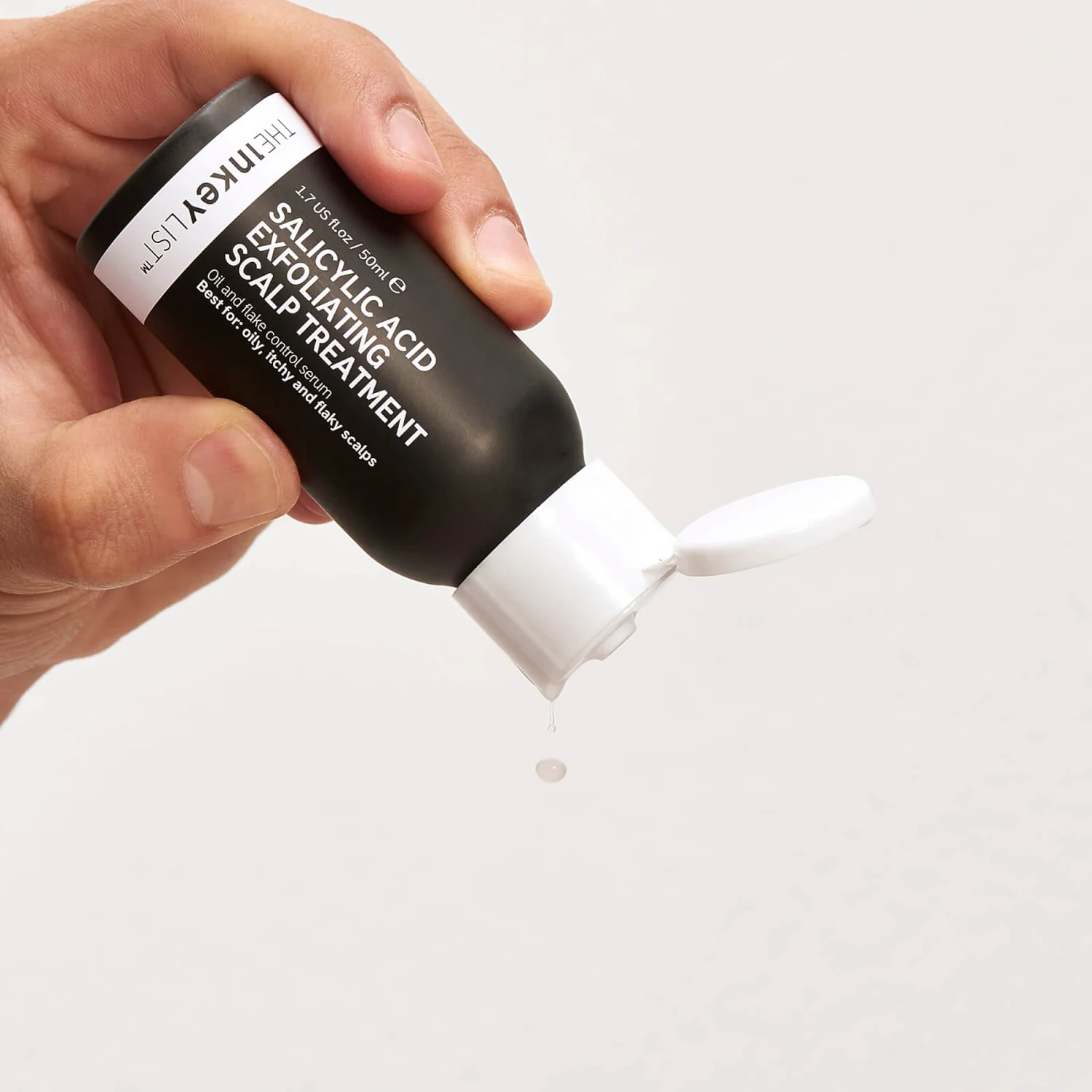
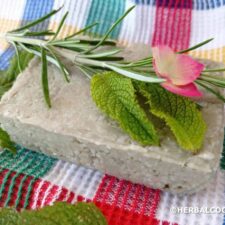
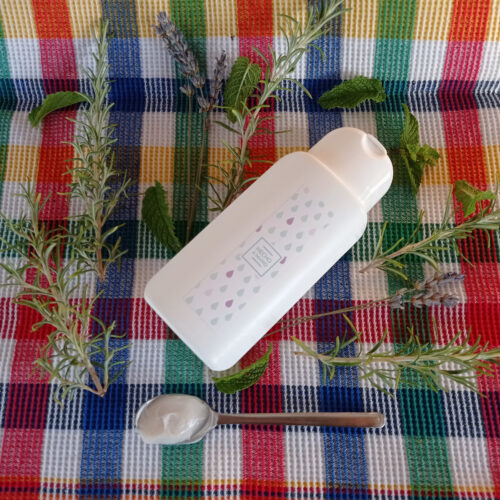
I think its amazing just how far along treatment like this has come since we started embracing natural remedies. It wasnt that long ago that people were given a bottle of Lorexine and wondered why their head had just been nuked. Keep up the great work and keep these healthy posts coming. Cheers
Hello Kwidzin,
Thanks for your comment.
Well, there are still strong remedies out there, and let’s be glad for having options. I do believe that natural products are the best, as they do a good job at nourishing our skin. But when it comes to treat long-term conditions, I advise for whatever works best for each one of us :).
Cheers,
Sofia
I’ve had dandruff for a long time. As a result, I’ve tried numerous methods to get rid of it, but none of them have worked. This article was extremely beneficial to me because I already have exzema, and dandruff aggravates the itching even more. I’m glad there are so many more remedies available now. I’m going to try the apple cider vinegar method. Thank you for writing this article. It will be extremely beneficial to me.
Hello kiersti and thanks for your comment.
If you have eczema, anything you do should be followed by a doctor. So if you wish to try some of these home remedies, better ask your doctor if you have any doubts.
Having said that, I have read many testimonials among the internet telling that natural products were the only ones that helped with their skin condition.
After spending a lot in so-called hypoallergenic, sensitive skin products, including the ones you purchase in pharmacies, things like natural soap, or even pure lard, was what was able for them to calm down some symptoms.
You should probably try these home remedies one at a time, so that you don’t use a lot of different active substances at same time – and risk some irritation.
Cheers,
Sofia